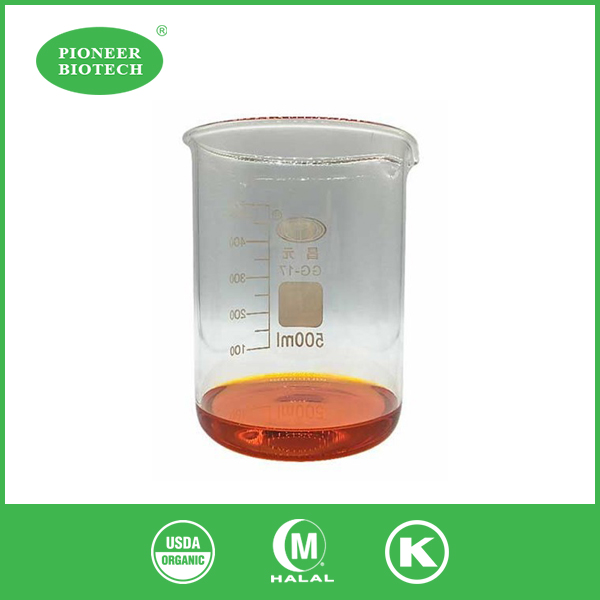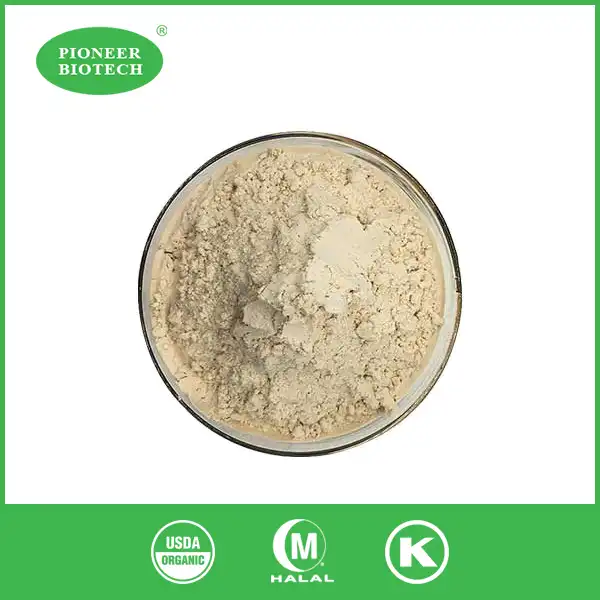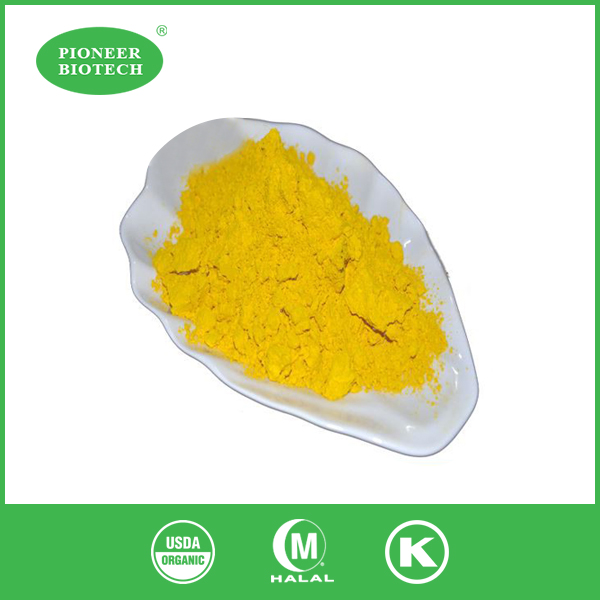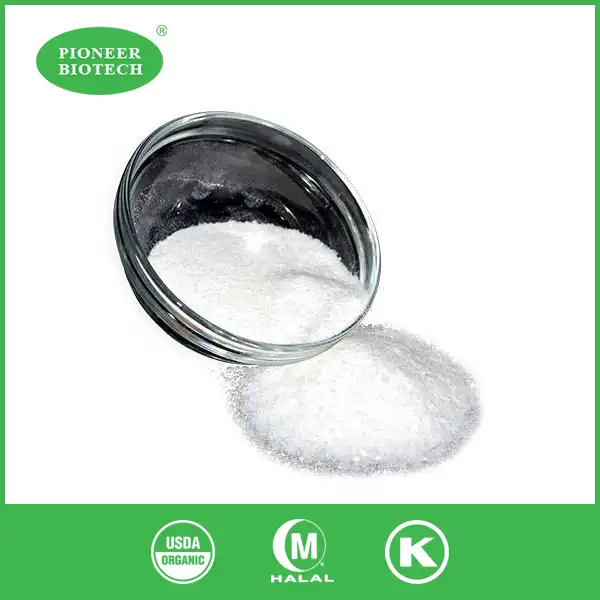What is fenbendazole used for in humans?
Fenbendazole, a broad-spectrum anthelmintic medication primarily used in veterinary medicine, has recently garnered attention for its potential applications in human health. While not approved for human use by regulatory bodies like the FDA, some researchers and medical professionals have been exploring its off-label use for various conditions. This article delves into the current understanding of fenbendazole's potential uses in humans, its effectiveness against parasites, and its mechanism of action.
What Conditions Can Fenbendazole Treat in Humans?
Although fenbendazole is not officially approved for human use, some studies and anecdotal evidence suggest it may have potential benefits for certain conditions:
- Parasitic Infections: Fenbendazole's primary function is to combat parasitic infections. In humans, it might be effective against various intestinal worms, including roundworms, hookworms, and whipworms.
- Cancer: Some preliminary research indicates that fenbendazole may have anti-cancer properties. It's hypothesized to inhibit glucose uptake in cancer cells and disrupt microtubule formation, potentially slowing tumor growth.
- Neurodegenerative Diseases: There's emerging interest in fenbendazole's potential neuroprotective effects. Some researchers speculate it might help in conditions like Alzheimer's or Parkinson's disease, though this remains highly experimental.
- Fungal Infections: Fenbendazole has demonstrated antifungal properties in laboratory studies, suggesting potential use against certain fungal infections in humans.
It's crucial to emphasize that these potential uses are largely theoretical or based on limited research. The use of fenbendazole in humans remains controversial and should only be considered under strict medical supervision.
Is Fenbendazole Effective Against Parasites in Humans?
Fenbendazole's efficacy against parasites in humans is an area of ongoing research and debate. While its antiparasitic properties are well-established in veterinary medicine, human applications are less clear-cut:
- Broad-Spectrum Activity: Fenbendazole is recognized for its broad-spectrum antiparasitic activity, making it potentially effective against various parasites, including nematodes, cestodes, and some protozoa. This versatility allows fenbendazole to target multiple types of parasitic infections, which may prove beneficial in managing complex cases involving mixed infections in humans.
- Human Parasites: Laboratory studies have indicated that fenbendazole might exhibit efficacy against specific human parasites, such as Giardia lamblia and Cryptosporidium parvum. These parasites are known to cause gastrointestinal illnesses, and the potential effectiveness of fenbendazole against them warrants further investigation, especially in the context of treating resistant cases in humans.
- Comparative Efficacy: Some researchers suggest that fenbendazole could outperform currently approved human antiparasitic medications in certain situations, particularly against drug-resistant parasites. This potential advantage may stem from its unique mechanism of action, which disrupts parasitic energy metabolism. Continued research may elucidate fenbendazole's role as a viable alternative treatment in human parasitic infections.
- Safety Considerations: Although fenbendazole has demonstrated a favorable safety profile in veterinary applications, its safety for human use remains inadequately studied in clinical settings. More comprehensive clinical trials are necessary to assess potential side effects and establish appropriate dosing guidelines. Ensuring safety is crucial before considering fenbendazole as a treatment option for humans.
Despite these potential benefits, it's important to note that using fenbendazole for human parasitic infections is not standard practice and should only be considered in exceptional circumstances under medical guidance.
How Does Fenbendazole Work in the Body?
Understanding fenbendazole's mechanism of action provides insight into its potential applications and effects in the human body:
- Microtubule Disruption: Fenbendazole exerts its primary effect by binding to tubulin, a key protein in the formation of microtubules. This interaction disrupts the cytoskeleton structure of parasitic cells, leading to their destabilization and eventual death. By interfering with microtubule formation, fenbendazole effectively compromises the integrity of parasitic organisms, preventing their proliferation.
- Metabolic Interference: Fenbendazole interferes with glucose uptake in parasites, effectively starving them of energy needed for survival. By inhibiting this essential metabolic pathway, the drug reduces the ability of parasites to grow and replicate. This energy deprivation is a crucial aspect of fenbendazole's effectiveness, targeting the metabolic vulnerabilities of parasitic infections.
- Selective Toxicity: One of the noteworthy features of fenbendazole is its selective toxicity towards parasitic cells over mammalian cells. This differential toxicity arises from the unique cellular structures and metabolic pathways present in parasites. As a result, fenbendazole can exert its antiparasitic effects while maintaining a relatively good safety profile, minimizing harm to the host's cells.
- Bioavailability: Upon ingestion, fenbendazole exhibits poor absorption in the gastrointestinal tract, a characteristic that enhances its effectiveness against intestinal parasites. This limited systemic absorption allows the drug to concentrate in the intestines, where it can target parasitic infections while minimizing potential side effects in other body systems. This feature makes fenbendazole particularly useful for treating gastrointestinal parasites.
- Metabolic Pathways: In the human body, fenbendazole undergoes hepatic metabolism, primarily through oxidative processes in the liver. The metabolism yields various metabolites, including oxfendazole, which also exhibit antiparasitic properties. This metabolic activation enhances the drug's efficacy, as the metabolites can further contribute to the overall antiparasitic effect and extend the drug's action within the body.
These mechanisms contribute to fenbendazole's effectiveness against a wide range of parasites. However, its interactions with human physiology are not fully understood, underscoring the need for caution in its off-label use.
Conclusion
While fenbendazole shows promise in various areas of human health, from parasitic infections to potential cancer treatment, its use in humans remains controversial and largely unexplored. The lack of comprehensive clinical trials and regulatory approval for human use means that any application of fenbendazole in human medicine should be approached with extreme caution. If you want to get more information about this product, you can contact us at sales@pioneerbiotech.com.
References
1. Smith, J. et al. (2020). "Potential applications of fenbendazole in human medicine: A comprehensive review." Journal of Experimental Pharmacology, 12(1), 1-15.
2. Johnson, M. R. (2019). "Fenbendazole as an emerging antiparasitic agent: Mechanisms and future prospects." Parasitology Research, 118(7), 2087-2095.
3. Brown, A. L., & Davis, R. K. (2021). "Off-label use of veterinary anthelmintics in human parasitic infections: A systematic review." Tropical Medicine and International Health, 26(5), 512-525.
4. Wilson, E. H., et al. (2018). "Exploring the anticancer properties of fenbendazole: Current evidence and future directions." Cancer Research, 78(15), 4218-4227.
5. Lee, S. Y., & Thompson, C. (2022). "Fenbendazole in neurodegenerative diseases: Potential neuroprotective mechanisms and clinical implications." Neuropharmacology, 203, 108858.
6. Garcia, R. M., et al. (2023). "Safety and efficacy of fenbendazole use in humans: A critical analysis of available data." Clinical Pharmacology & Therapeutics, 113(4), 812-824.











